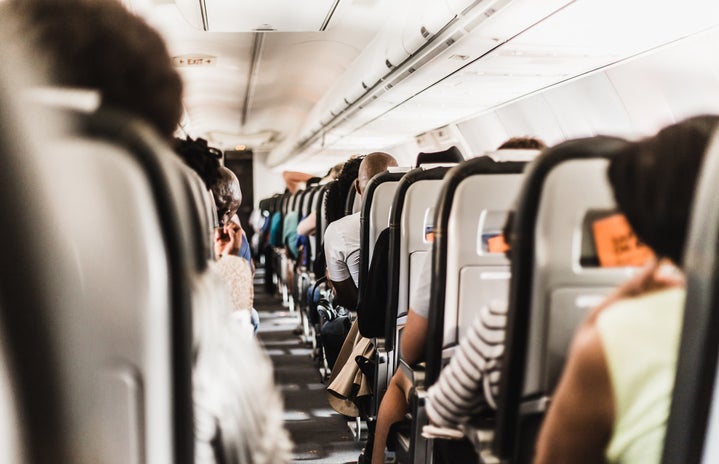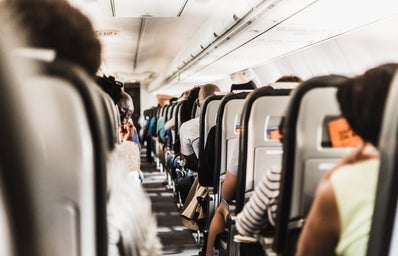As a cochlear-implant listener, I’ve picked up lots of tips and tricks when it comes to traveling
Traveling is an enjoyable experience; I love exploring different cities and seeing the beautiful scenery that the world offers. Before you venture off, however, you need to pack correctly. This can be daunting if you’re deaf or hard of hearing, and you use hearing-assistive devices such as hearing aids or cochlear implants. As a cochlear implant user that travels often, I hope I can make your planning less stressful with some tried-and-true advice.
1. Remember that water is your device’s foe
Putting your device in rice after it gets wet is a big no. Instead, buy a non-electric hearing device dryer in case something happens. If you’re visiting a damp climate, use a dryer every night. Also, invest in a waterproof bag if there’s a chance you’ll be around water. Lastly, cover your head! A water-wicking raincoat is absolutely necessary. I bought an Eddie Bauer raincoat years ago, and it still works wonders. A raincoat is an excellent investment that will last you a lifetime.
2. Always plan for the worst: have a medical ID handy
I love my RoadID AppleWatch medical ID. RoadID offers regular medical ID jewelry as well. These devices help first responders know that you’re deaf or hard of hearing. Be sure to update your medical information and emergency contacts on your phone as well. Inform your emergency contacts when and where you’ll be traveling, and, if possible, give them your itinerary. Additionally, keep a paper medical ID in your wallet. If you’re a cochlear implant user, you can print and fill out this patient identification card. This can be helpful if you’re stopped by the TSA for setting the metal detector off with your implants (it’s happened to me before, so it’s important to be prepared).
3. Think about how you’re going to power your devices
Do you use disposable batteries? If so, bring extra. Make sure your batteries aren’t expired, and store them in different bags in case something happens to one bag.
Also, consider the elevation of your destination. When I visited the mountains of Peru, I went through multiple packs of size 312 batteries a day. Batteries tend to drain faster at higher elevations. If you use rechargeable batteries, invest in a quality power converter if you’re traveling abroad. If you know you won’t have access to power, invest in a good portable battery bank. I’d suggest doing your research when looking into these products so you can find what works best for you.
4. Containers are a huge help
When traveling, it is really helpful to have hard shell containers that don’t open easily. If you need to take off your device for safekeeping, you won’t want it to float around loosely in your bag. Instead, you’ll want to put your devices in a smaller container inside your backpack. This will also provide more protection against the elements. I found this container on Amazon, which looks very similar to the one I use for my cochlear implants. If you end up buying something like this, make sure you label it with a permanent marker.
If you use a hearing-assistive device, I hope this list gives you some ideas for packing for future trips. Happy traveling!


